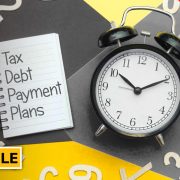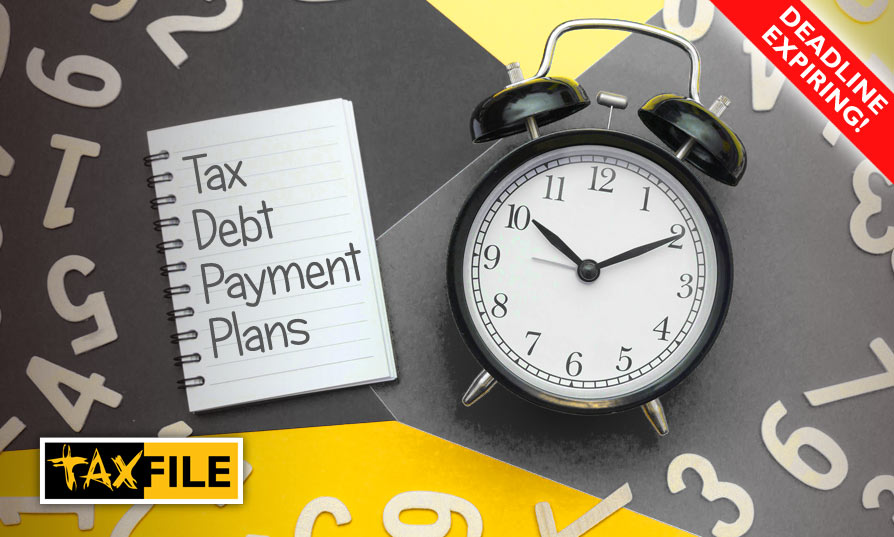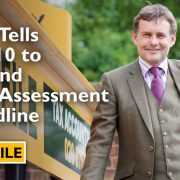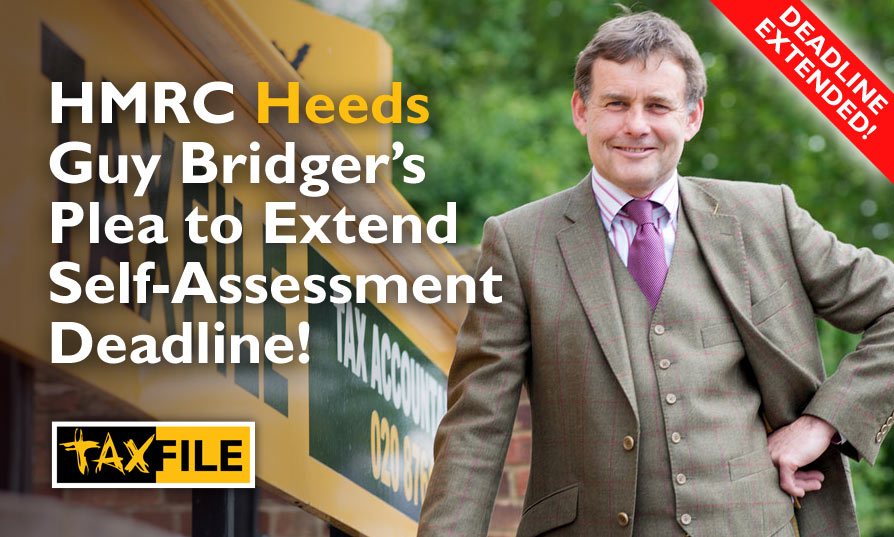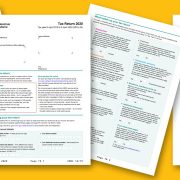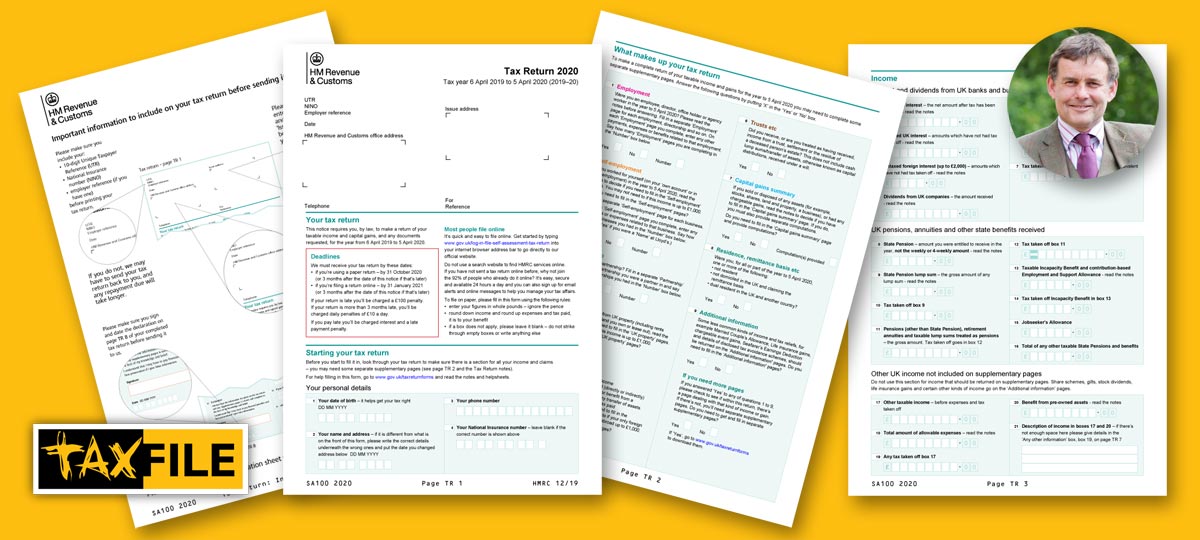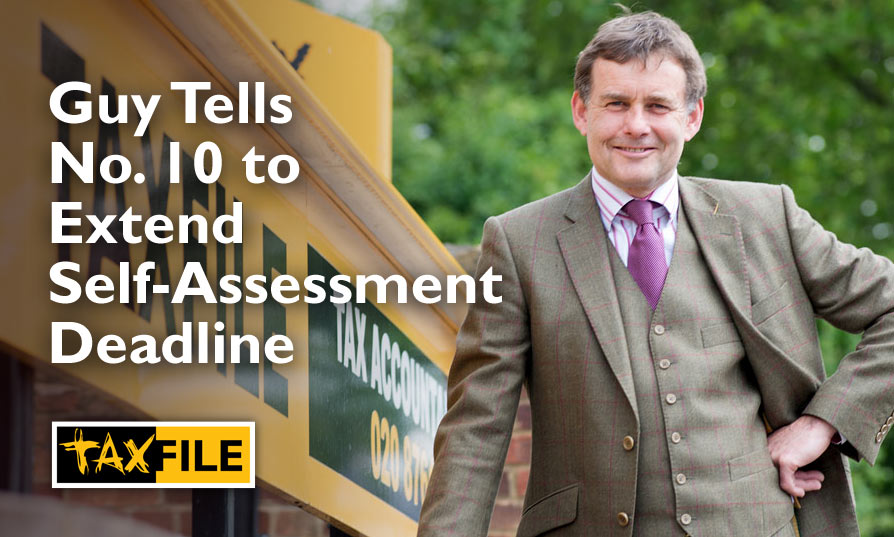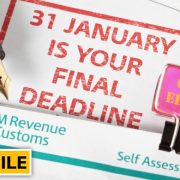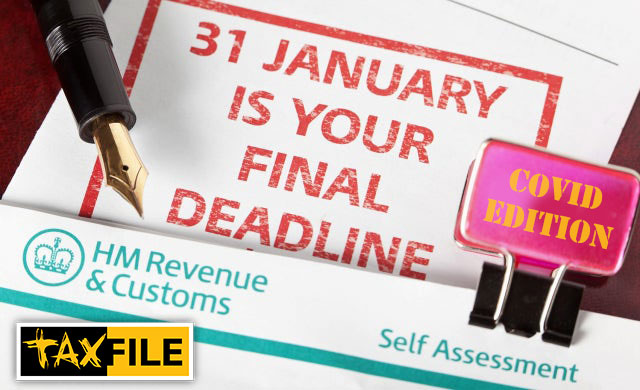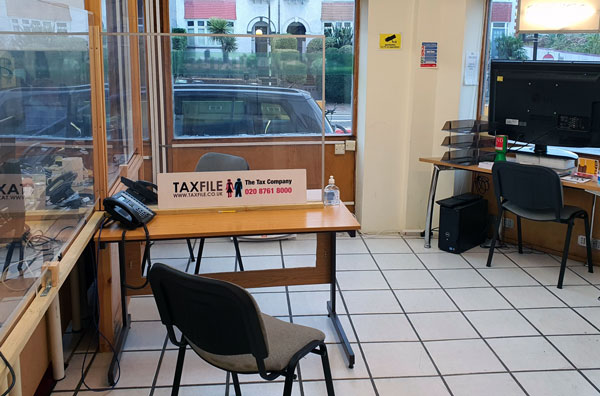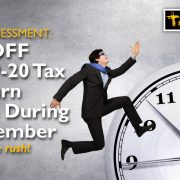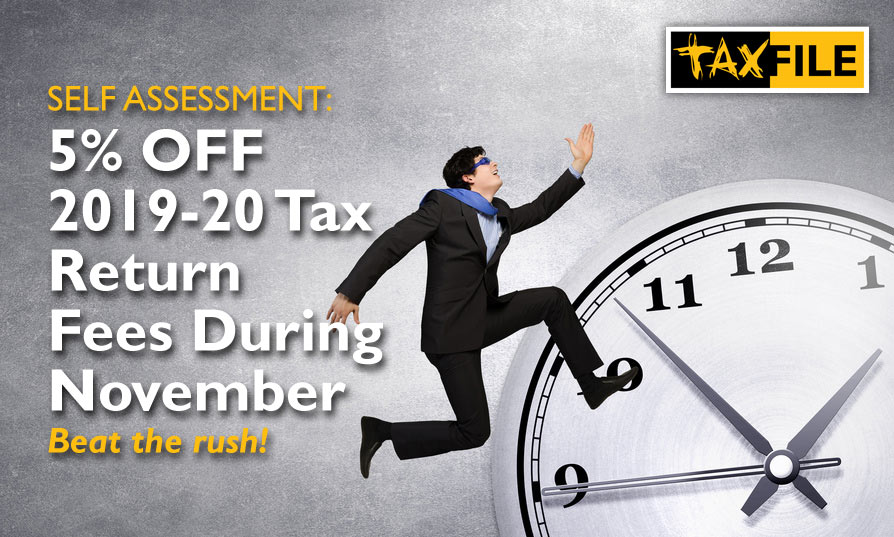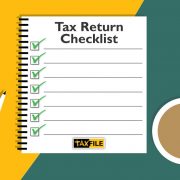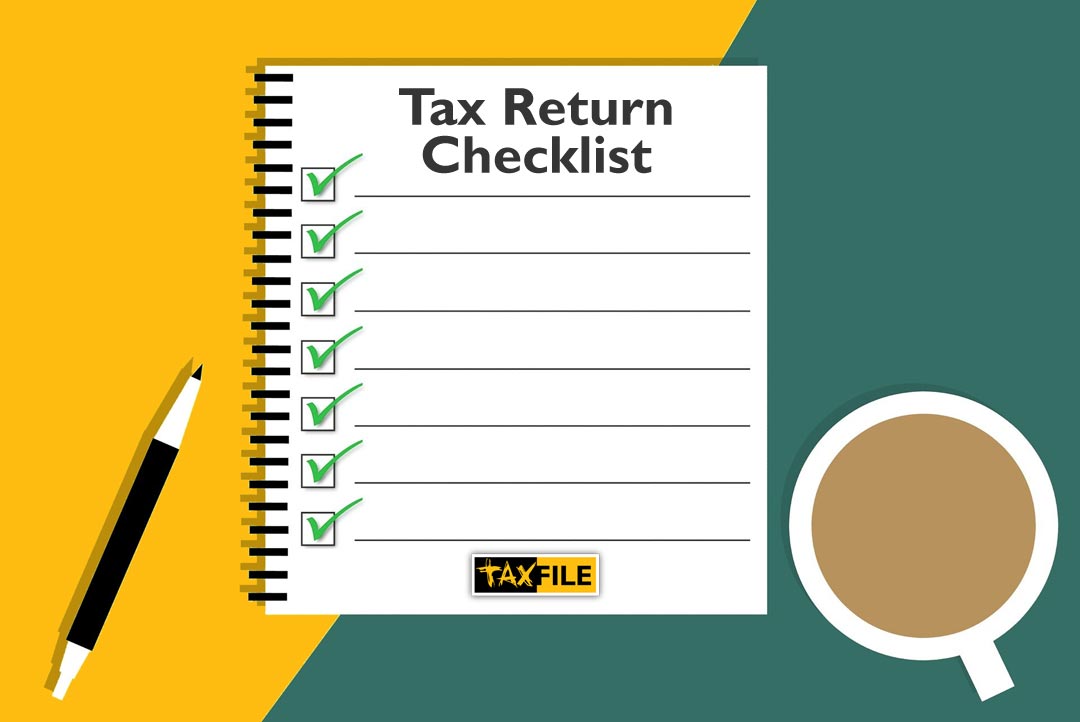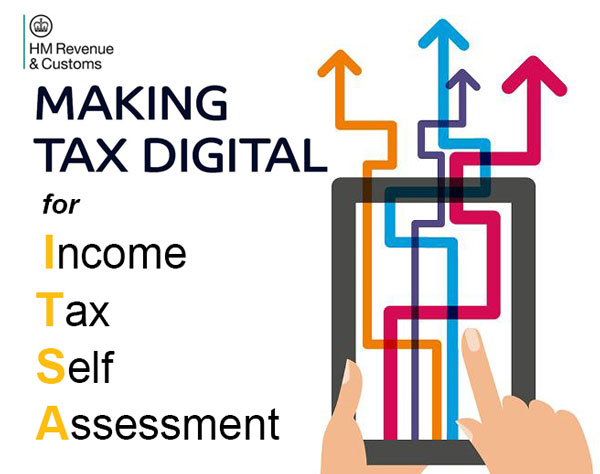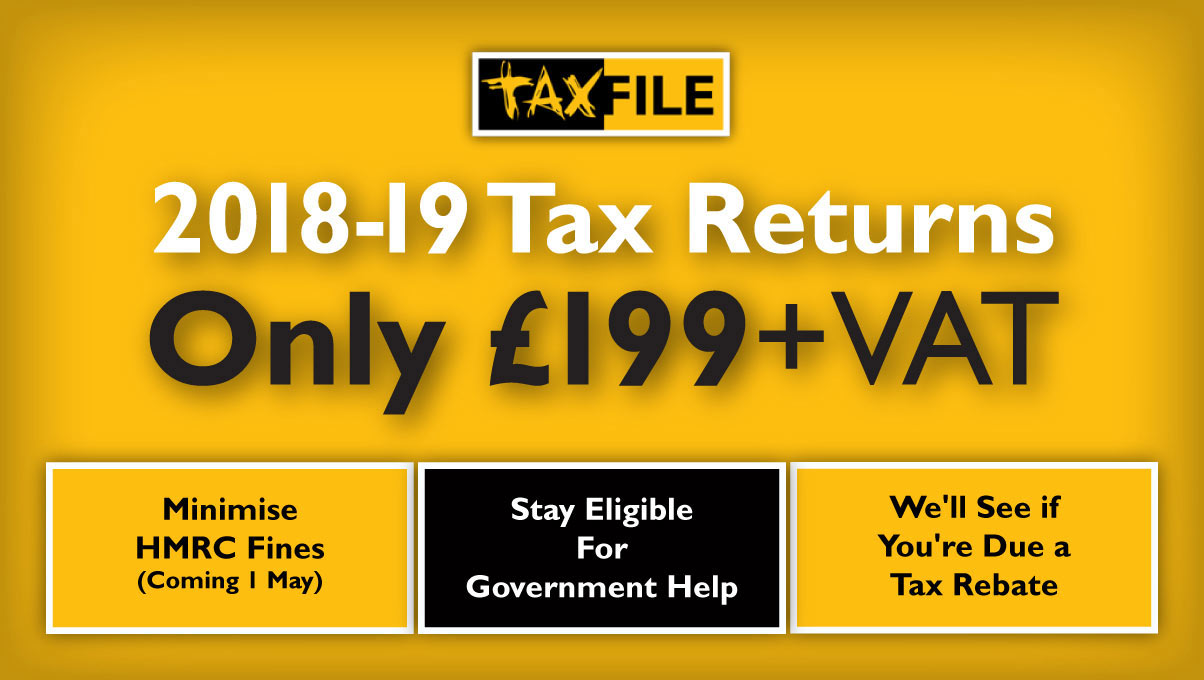4th SEISS Grant Available THIS Week
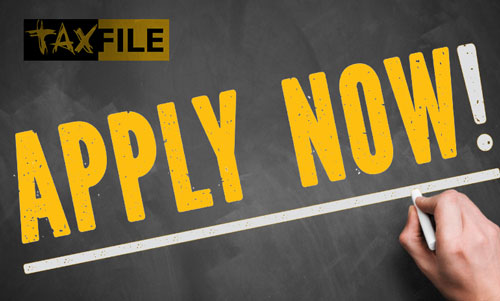
If you are self-employed or a member of a partnership and have been impacted by coronavirus (COVID-19), the 4th Self-Employment Income Support Scheme (SEISS) grant will be available to those eligible from this week (w/c 19 April 2021), and the online service for the fourth SEISS grant is now online HERE
The grant covers the period from 01/02/2021 – 30/04/2021 and eligibility for the fourth grant is dependent on you having traded for both tax years:
- 2019 to 2020 and submitted your tax return on or before 2 March 2021
- 2020 to 2021
You must either:
- be currently trading but are impacted by reduced demand due to coronavirus
- have been trading but are temporarily unable to do so due to coronavirus
- intend to continue to trade
- reasonably believe there will be a significant reduction in your trading profits
The same criteria that were applied for the first 3 SEISS grants still apply & this grant will be 80% of your average trading profits for up to 4 tax years (2016/17, 2017/18, 2018/19, & 2019/20) for 3-months.
The closing date for the 4th SEISS Grant is 01 June 2021.
By now you should have received an email form HMRC stating when you can claim your 4th SEISS grant from. If you need any assistance with your claim, please do not hesitate to contact us on 020 8761 8000 or email/message us here.


